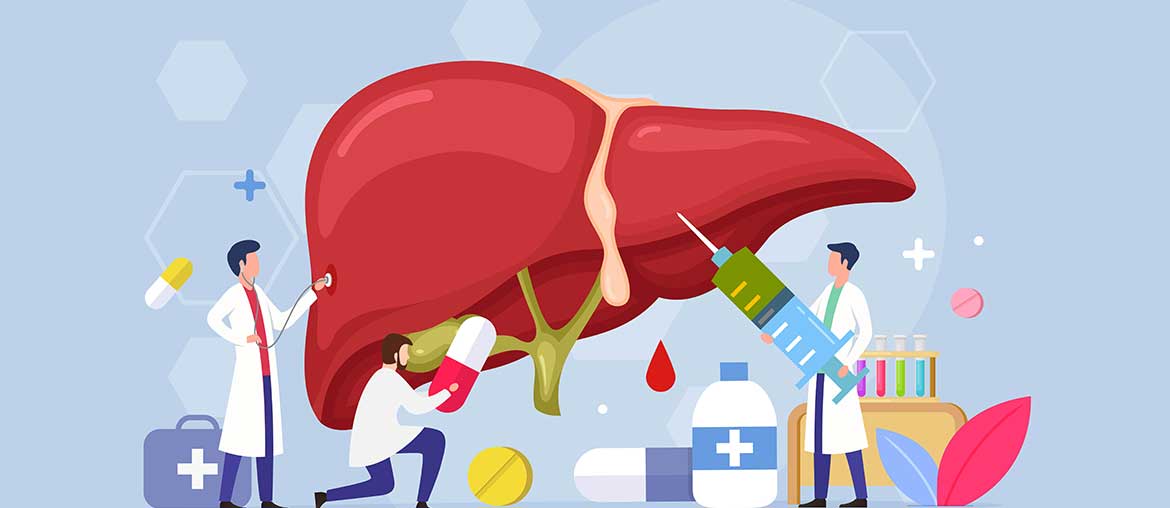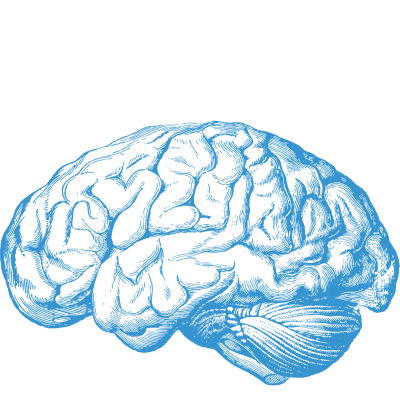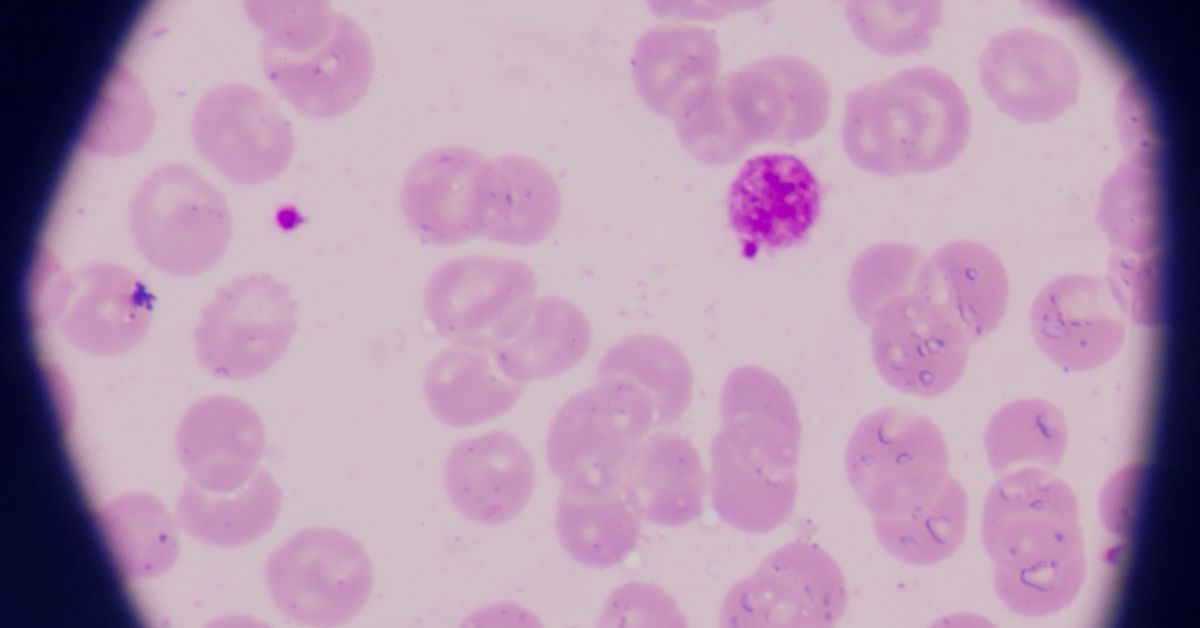
The day we gave back life through saving his liver – Navins story
Humanity is always greater than the problem Navin at his college, and another picture of him and his mother The first time I met Navin



Humanity is always greater than the problem Navin at his college, and another picture of him and his mother The first time I met Navin


Evaluating R in some detail we found he had severe deficits in cognition with very poor ability to remember any new information Indeed he took


As Hans Berger the inventor of the Electroencephalogram EEG an instrument that studies brain waves said A machine can replace neither common sense nor intelligence


The occasional flicker of involuntary movement is almost negligible Behaviour problems have receded to the background and he is less awkward socially though he continues


Dharmendra settled well with improvement in cognition better memory and attention and more stable behavior in his 3rd year Engineering He still has rare dyscontrol


Two years on the transformation of Joseph is remarkable He is seizure free composed communicates clearly and well manages well at work having learnt to
BUDDHI CLINIC PRIVATE LIMITED © 2023 All rights reserved